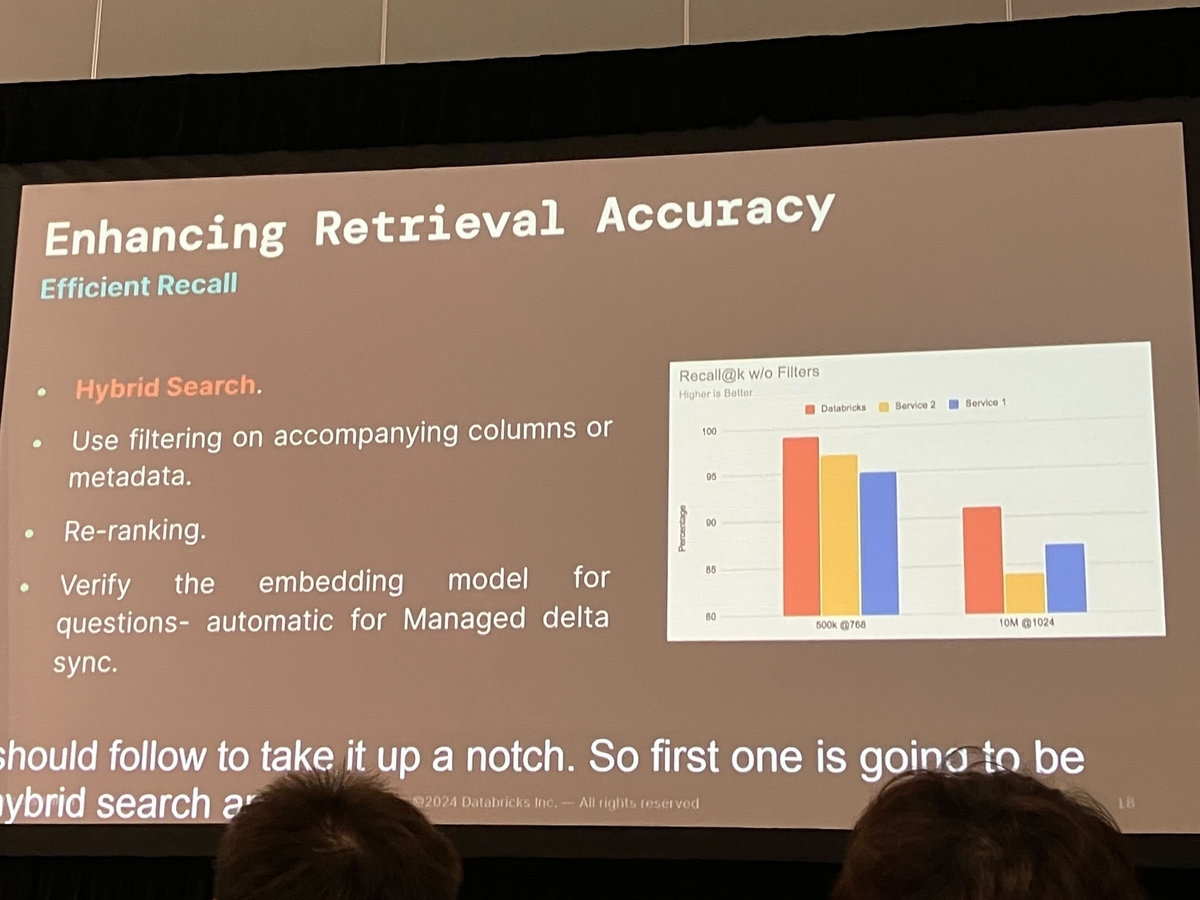
Preface
As recently highlighted by Sonali, a recent Computer Science graduate from New York University, traditional keyword-based search methods often fall short in fully capturing the intent and relevance of a user’s queries, frequently yielding fragmented and sometimes irrelevant results. This limitation becomes glaringly obvious when searching for specific technical content, for instance, querying ‘function’ and receiving information on mathematical functions rather than programming functions.
Semantic search addresses this issue by leveraging both superficial and deep contextual meanings embedded in search queries. It utilizes sophisticated AI algorithms to understand the semantic relationships between search terms and content within databases or across the web, enabling quicker and more accurate retrieval of information that best meets user needs.
During a demonstration, Sonali showcased how semantic search significantly enhances the efficiency and relevance of search results. She shared personal challenges with traditional search engines and provided examples where semantic search excelled. Her insights unveiled the significant advantages of implementing semantic search technology.
Attendees of this session left with a deeper understanding of semantic search, recognizing its critical role in enhancing data retrieval processes and developing more intuitive and responsive AI-driven applications.
Thorough Exploration of Vector Search
Vector search fundamentally differs from traditional database queries and keyword-based searches by understanding the semantics of input queries, thereby providing relevant information swiftly. Before delving into the core components that underpin its efficiency and accuracy, understanding the basics of a vector search system is crucial.
Main Components
Data Ingestion The initial step in a vector search system involves rapidly integrating data into the system. While speed is emphasized to ensure timely availability of data, the robustness of the ingestion process is also crucial to prevent system downtime or crashes in case of errors.
Change Detection Change detection plays a vital role in vector search systems. The system needs the capability to detect updates in real-time and integrate these changes automatically, thereby eliminating manual intervention. This ensures that the vector search system reflects the most current data without delays.
Data ingestion and change detection are essential for maintaining high responsiveness and up-to-date information retrieval capabilities in vector search systems. These elements distinguish vector search from traditional search mechanisms, offering significant advantages for various applications where quick and accurate data retrieval is crucial.
Importance of Data Management and Basic Strategies
Data lies at the core of all generative AI applications. Scaling data operations necessitates proper management and strategic planning. Effective data cleansing, organization, and optimization have emerged as fundamental processes for enhancing overall system performance and user experience.
Establishment of Governance and Security
Data governance and security, often overlooked, are incredibly important aspects of large-scale data management. Setting clear data governance policies helps define who can access what data and which data can be shared. Strong security measures are critical for minimizing the risks of unauthorized access and data breaches.
Challenges and Strategies for Scaling
Scaling involves more than just increasing the capacity of databases or servers. It includes sophisticated data architecture and indexing strategies that enable efficient management of larger volumes of data. The Databricks Vector Search session emphasized that scaling should not involve merely accumulating resources without clear design or policies. Furthermore, leveraging cloud services provides flexible and scalable options to handle governance, security, and other complexities as demands increase. This aligns with the idea that robust architecture and operational frameworks are necessary for effective scaling.
Strategies for Optimized Production Models
This session focused particularly on optimizing production models through the following strategies:
Data Evaluation: Identifying the most suitable types of data for specific applications is crucial for improving model performance. The session highlighted the necessity of choosing between short texts like tweets and detailed content like lengthy reports, emphasizing that selecting the right data for the intended purpose is essential for effectiveness.
Importance of Active Teamwork: Active information sharing and engagement within teams were spotlighted as crucial strategies. This active involvement helps swiftly identify and resolve potential issues, promoting a more dynamic development environment.
Integration of Features and Data: The session detailed the vital role of integrating diverse features and data sources. This integration enables models to make more informed decisions supported by comprehensive and accurate data, noting, "Not all data is equally valuable, but careful selection and effective use can significantly enhance its usefulness."
The strategies outlined in this session play key roles in building robust, data-driven models, bolstering the success of production models through effective data selection, tight team collaboration, and technical integration.
Discussing the design of efficient hybrid search systems during the Databricks Vector Search session provided a comprehensive understanding of integrating keyword and semantic searches. Using advanced rewrite algorithms and carefully chosen embedding models enables hybrid search systems to achieve high precision and speed. This session not only clarified technical complexities but also highlighted important strategies for those aiming to enhance AI-enabled search systems, allowing full exploitation of AI and vector search technologies.

About the special site during DAIS
This year, we have prepared a special site to report on the session contents and the situation from the DAIS site! We plan to update the blog every day during DAIS, so please take a look.